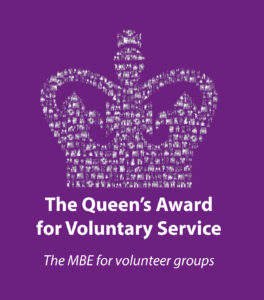GUIDE: Perfect Your Personal Statement!
Thinking about applying to university, or do you already know you want to, but need some tips on your personal statement? Whatever your position, read on for advice on making it through the dreaded UCAS!
Do’s
Consider how you start your statement
Don’t pretend you have “always loved” your subject because chances are you haven’t, and admissions really dislike this cliché.
Give it a structure
See the further down the article for ideas.
Know the course you are applying for
University courses can be very different from what you studied in college, ensure you research what the course entails before writing your statement.
Keep it brief
You have a 4000-word character limit including spaces, so avoid using lengthy anecdotes. For example, they don’t care if your uncle works in the industry- they want to know about YOU.

Provide examples
You want to study Primary Teaching because you enjoy working with children – great. But can you provide an example of when you have?
Don’ts
Use clichés or quotes
Forget who your target audience is
Chances are you are writing to a highly educated admissions secretary. Avoid contractions, check your work and recheck it for spelling, punctuation and grammar mistakes and keep a formal tone.
Put specific names in
You have five choices on UCAS, so don’t write how much you love the sound of the course at Liverpool if you’re sending it to Durham also.
Over exaggerate
This is an easy thing to do, particularly if you’re scrimping on your extra-curricular activities. But think – did that school show you took part in really provide you with confidence, time management, teamwork, reliability AND motivation? Try and stick to a couple of key skills for each example.
Suggestion on Structure
Brief intro
Outline why you want to study your selected course. What fascinates you? What do you want to know more about? The key word here is ‘brief’. (400 characters approx.)
Existing knowledge
If you already study this subject, what do you enjoy and why do you want to continue this to degree level? If you don’t, what has made you develop an interest in this subject? (850 characters approx.)

What is it about the degree course which interests you?
This is the part where you demonstrate how you have researched the course and understand what it entails. For example, most psychology degrees should be BPS accredited, so will follow generic modules you can discuss. Be careful not to tailor this to a specific module at one university – look for the patterns. (850 characters approx.)
What else do you study?
Most importantly, what skills have you developed from studying these subjects, and how will this be beneficial for studying a degree? A good skill most people will have developed is essay writing skills. (850 characters approx.)
Extra-curricular activities
What do you do in your free time? Perhaps you were a Senior Prefect, played sport for your school team or you’ve volunteered with the Scouts. It’s important to explain what skills you have developed from this and how this will prepare you for university. It’s probably not the best idea to include this section if, in fact, you don’t do much. Instead, elaborate on the previous section and try and use your other studies to show yourself as a well-rounded individual. (700 characters approx.)

Conclusion
One short sentence just to wrap it up. (150 characters approx.)










